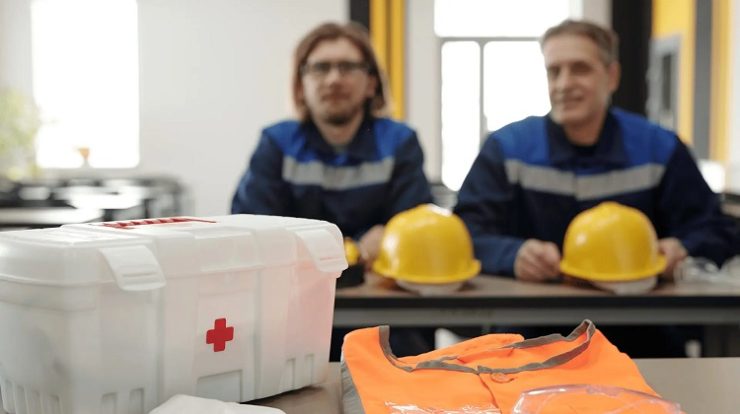
India’s performance in the fight against the Covid-19 epidemic is incredible in terms of sheer numbers.
More than 900 million people have been inoculated against the virus so far, thanks to 327,000 vaccination stations staffed by almost a million health personnel. More than 64 percent of the country’s almost 1.4 billion people have received two doses of the vaccine through nearly 14 million immunization sessions, with 73 percent of them taking place in rural and hard-to-reach locations.
To put it in perspective, India has given out more than 1.53 billion doses, surpassing the combined totals of the United States, Brazil, Indonesia, and Japan; only China has more (according to data available last month). From April to November 2021, the rate of dose administration increased from 100 million to 1 billion, an average of 3.75 million doses per day.
This incredible achievement was made possible by a team of health professionals, government officials, doctors, and nurses who worked tirelessly throughout the past 12 months, as well as the people’s enthusiastic participation.
How can one of the world’s most populous countries manage to make such a commitment? Its findings could be useful to other countries looking to expand their Covid vaccination programs.
A government-developed digital platform called CoWIN Official Site: https://www.cowin.gov.in/ (Winning Over Covid-19) is a key enabler of India’s prosperity. It’s a cloud-based system that makes registration, immunizations, and appointments easier, as well as providing digital vaccine certificates.
The government has increased vaccination coverage to include children aged 15 to 17, and 36 million new beneficiaries have already registered on CoWIN as a result of the Omicron variant’s spread. A third dose is also available for adults over the age of 60, health-care personnel, and frontline workers.
The Covid-19 vaccination program was a difficult effort to arrange because to India’s vast geography and population. As a result, the government collaborated with a number of organizations, notably the United Nations Development Program (UNDP), to provide technical assistance and establish CoWIN.
Some of it can also be attributed to foresight. India’s Ministry of Health and Family Welfare has been using mobile technology to digitize the vaccination supply chain network for the past six years. The Electronic Vaccine Intelligence Network (eVIN) is a digital network that was created with initial financing from Gavi, the Vaccine Alliance.
More than 50,000 public health personnel had previously been educated by the UNDP and were using digital technology to conduct vaccine-related transactions at all of the country’s public health facilities. This assured the government that its health-care system would be able to obtain and track Covid-19 vaccinations while also delivering them efficiently.
The management of the program at the local level was delegated to district officers. And the entire immunization program was designed with convenience in mind: vaccines can be obtained at any time and in any location.
The citizen-centric design of India’s vaccination program is reflected in CoWIN. Beneficiaries can register and choose a convenient facility, as well as the vaccine kind, using the portal’s simple user interface. They receive a digital vaccine certificate through text message in the form of a QR code, or a paper copy at the facility.
Vaccinators utilize the app to check for registered beneficiaries, enter vaccine doses delivered, and keep track of any adverse reactions. People who do not have access to the Internet or a valid identification card can register for CoWIN at any health facility.
In reality, remote and hard-to-reach communities have better vaccine coverage than the national average. Program managers may visualize and disaggregate demographic data on vaccine coverage, consumption, and waste using real-time online dashboards.
Meanwhile, new features are being added to the app on a regular basis. Citizens can now link their passports and print an international travel certificate, as well as publish their immunization status on social media. Foreign nationals can also register for vaccinations through CoWIN.
CoWIN is an excellent illustration of how digital technologies may be used to scale public health programs, and it demonstrates India’s progress in using digital technology to scale public services.
The Indian government has made the CoWIN system available globally as a digital public good as part of its efforts to improve vaccine fairness and accessibility around the world. Its digital software can be changed for different locales because it is designed on an open platform. The UNDP is assisting in the transfer of expertise to other countries.
In order to recover from the Covid-19 pandemic, we need to expand immunization access in low- and middle-income nations. We must all work together to ensure that no one is left behind. Only when everyone is protected are we safe.






